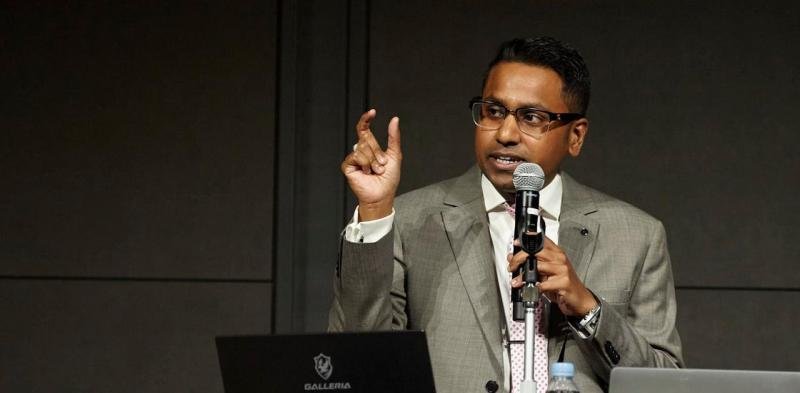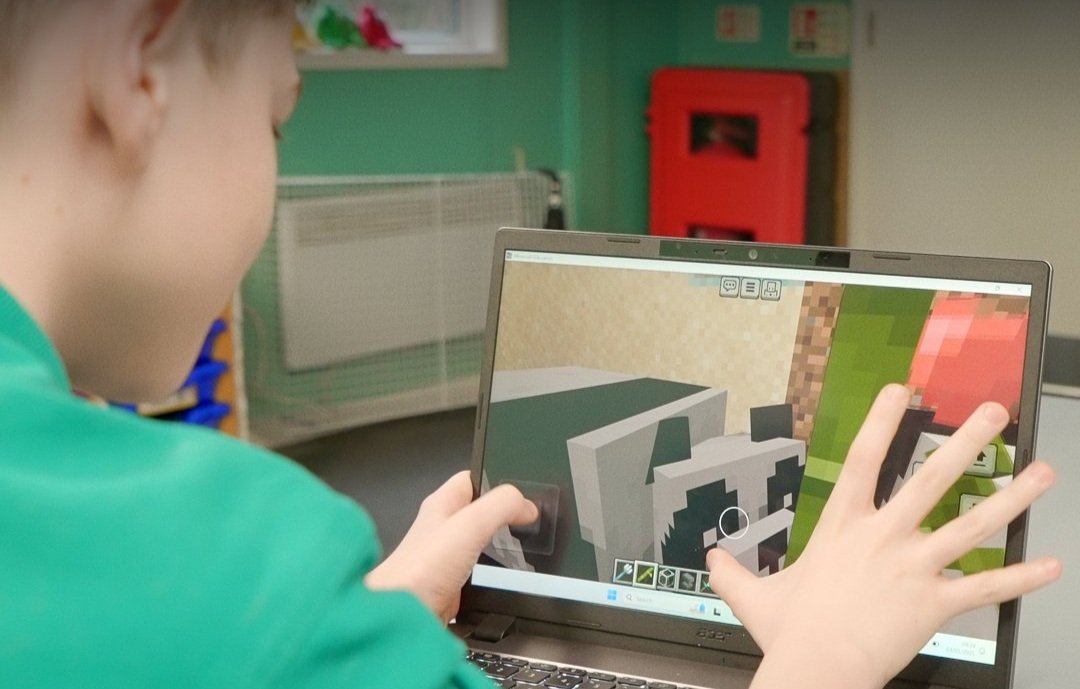University of Phoenix launches new flexible general education assessment methods
The University of Phoenix has announced the publication of a new white paper titled "General Education Assessment Processes Supporting Student Choice."
Authored by Dean Briana Houlihan, Associate Dean Jacquelyn Kelly, and Associate Dean Susan Hadley, the paper explores innovative methods for assessing learning outcomes in General Education while allowing students flexibility in course selection.
“Our commitment to fostering a student-centered learning environment is at the heart of our General Education assessment strategies,” said Briana Houlihan, MBA, Dean for the College of General Studies.
Houlihan, who presented the findings at the 2024 American Association of Colleges and Universities Conference, emphasised the importance of continuous curriculum enhancement and prioritising student choice.
Traditional General Education models often follow a prescribed sequence of courses. The new approach proposed by online college, University of Phoenix challenges this by allowing institutions to assess student learning and progression without course sequencing.
“Balancing high academic standards with the need for flexibility is key to supporting our diverse student body,” said Associate Dean Susan Hadley, PhD. “As educators, we are privileged to be a part of each student’s learning journey, and our innovative approach reflects that understanding by ensuring students can tailor their educational paths to fit their lives while still achieving high-quality learning outcomes.”
The white paper outlines a systematic process developed by the university for assessing General Education Student Learning Outcomes (GESLOs) that represent essential 21st Century Skills. The process involves using Bloom's Taxonomy to design course assignments with increasing levels of rigor and aligning authentic assessments to both Course Student Learning Outcomes (CSLOs) and GESLOs.
The alignment allows for the collection, analysis, and interpretation of assessment data to identify learning gaps and drive curricular improvements.
“Our focus on continuous improvement and data-driven insights ensures that we can adapt and evolve our curriculum to meet the needs of our students,” said Jacquelyn Kelly, PhD, Associate Dean.
The white paper details a five-step process:
Review of Industry Standards: The university reviewed various industry standards and comparable higher education institutions to refine General Education learning outcomes.
Developing Course Student Learning Outcomes (CSLOs): This involved creating measurable and rigorous outcomes for each course, aligned with career-relevant skills.
Course Revision & Creation of Authentic Assessments: Designing assessments that reflect real-world deliverables and progressively higher learning levels.
Analysis of Assessment Data: Regularly gathering and analysing data to understand student learning and identify areas for improvement.
Course Review: Implementing strategic changes based on assessment data and faculty feedback to ensure continuous quality improvement.
The University of Phoenix has successfully integrated this process, allowing for flexibility in course selection while maintaining rigorous assessment standards. The university has mapped 85% of its General Education courses to GESLOs, enabling it to monitor and improve student learning outcomes effectively.
“By leveraging assessment data, we can provide targeted support and resources, helping students overcome challenges and succeed in their academic pursuits,” said Kelly.
This approach aligns with the university's mission to support adult learners and first-generation students by enhancing the skills focus within General Education coursework.
“By continuously enhancing our curriculum and prioritising student choice, we empower our students—many of whom balance their studies with work and family responsibilities—to pursue their academic and professional goals. This white paper underscores our dedication to creating meaningful and flexible educational pathways that align with our students' diverse needs.” said Houlihan.













